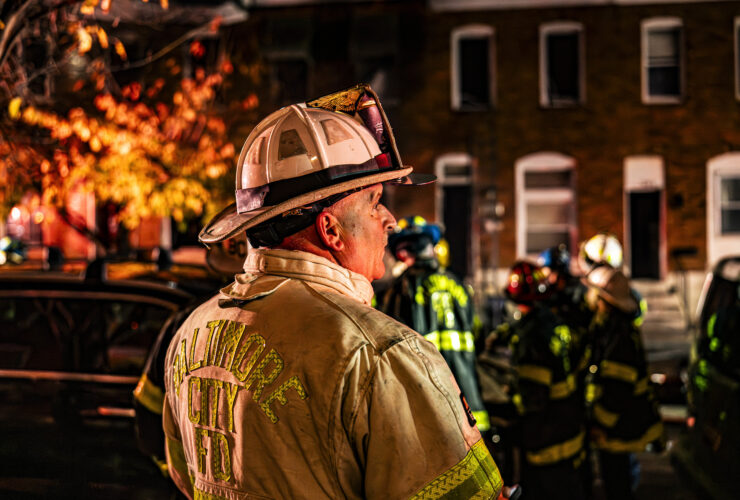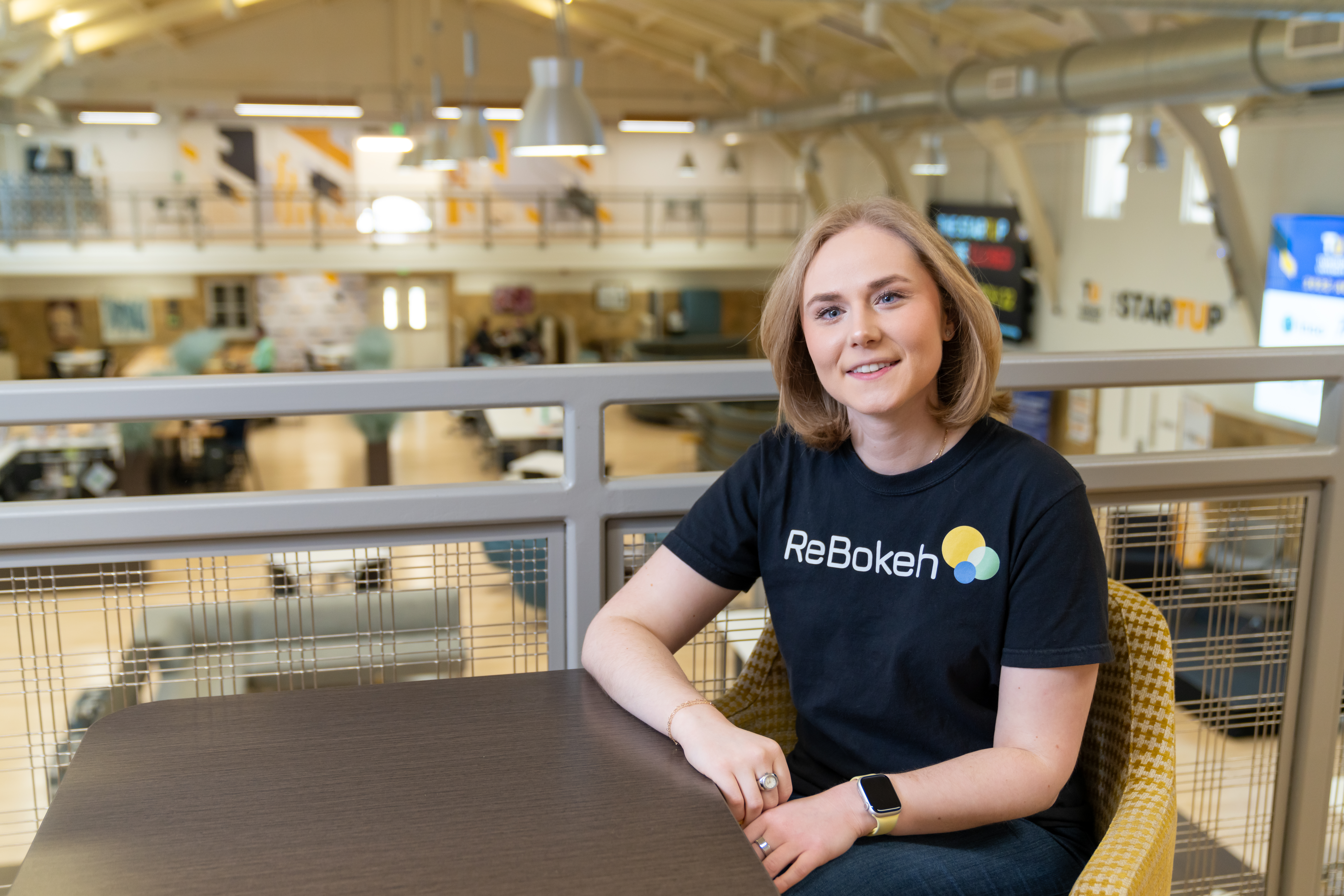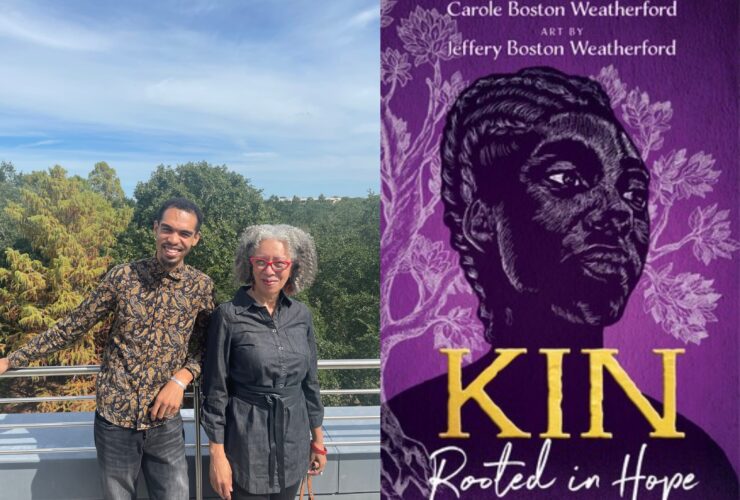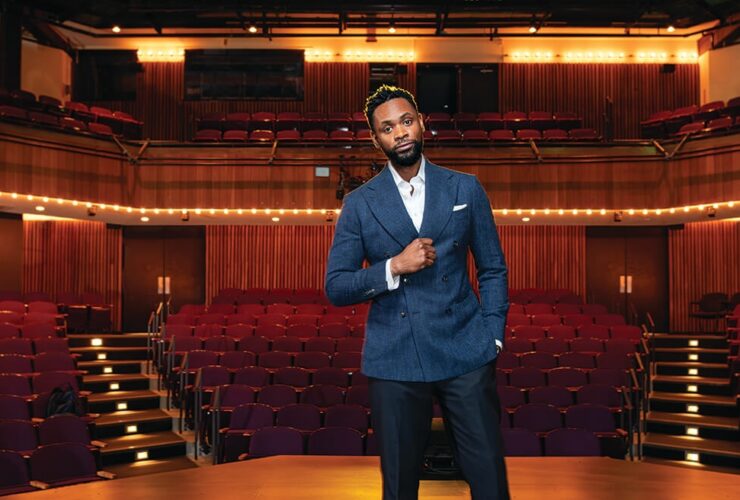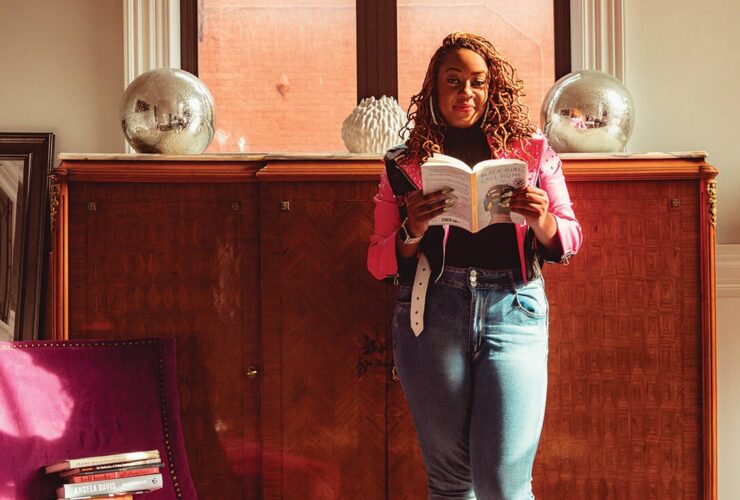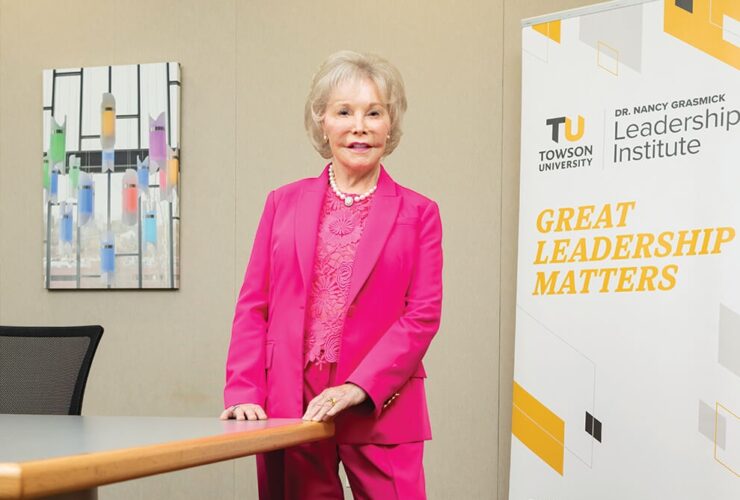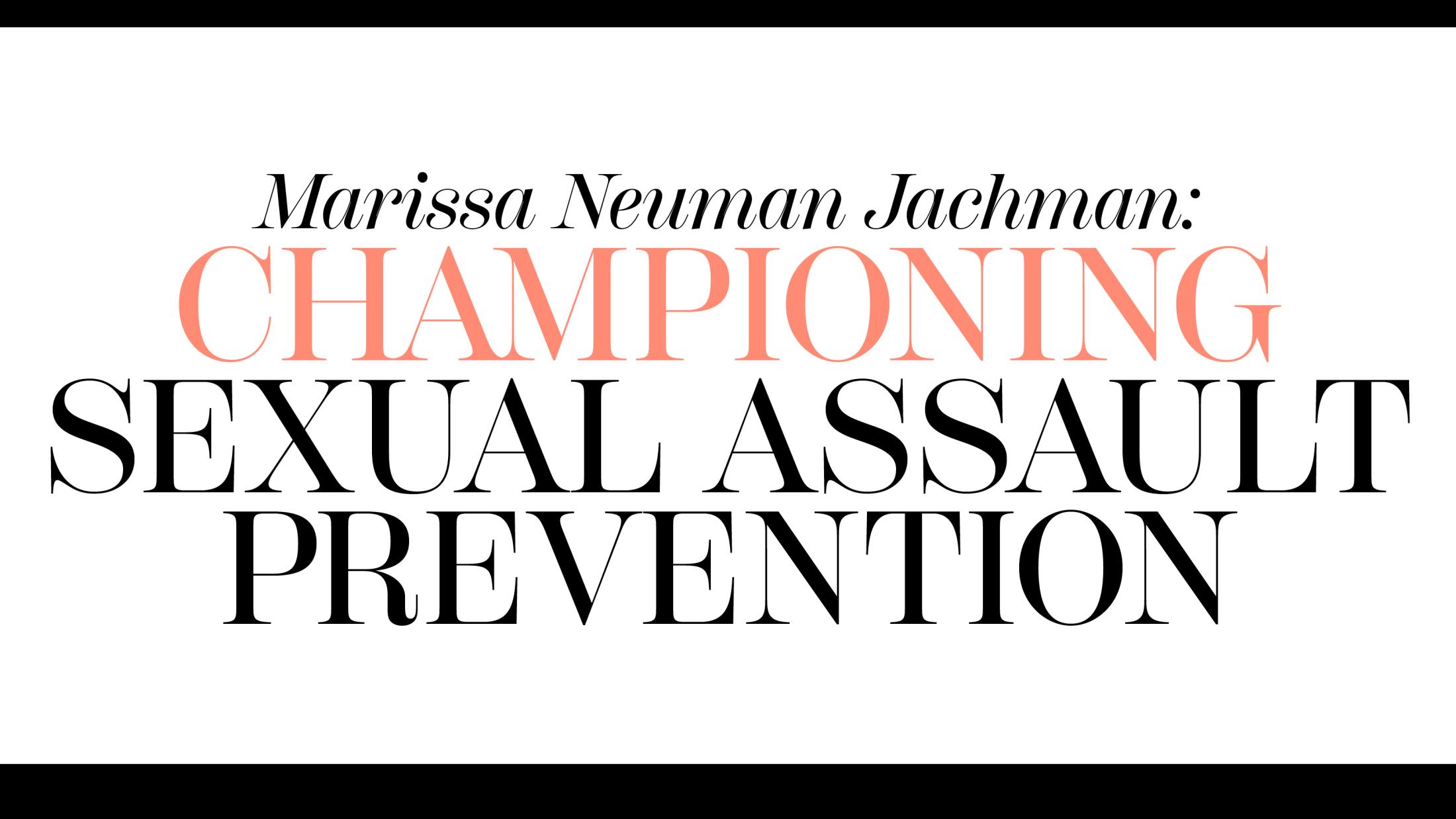
Marissa Jachman admits sexual violence wasn’t her main focus—and certainly didn’t think it would become her life’s work—until she witnessed its effects on her cousin, Erin Levitas.
Levitas was raped while college-aged. The traumatic event was life changing. In the aftermath, Levitas decided to attend law school and pursue a career in sexual assault prevention and survivor support. Sadly, she passed away from a rare cancer at the age of 22 and was never able to fulfill her calling. But the advocacy and awareness she started took on a new life with the creation of the Erin Levitas Foundation after her death.
Jachman had worked in the nonprofit sector since 2008 at organizations including Hillel at the University of Virginia and Virginia Tech, and the American Red Cross. She worked for the foundation after her day job, often staying late into the night. Eventually, she became so invested in the work and the foundation’s mission that she knew she wanted to give it all her attention. She quickly became the foundation’s executive director.
“[Sexual assault] really wasn’t on my radar,” says Jachman, the mother of two young boys. “But after learning about Erin’s experience, and that her experience was quite common, I realized there’s so much need for sexual assault prevention. It’s one of those things where once you learn about it, you’re like, why doesn’t everybody know this?
“It seems so changeable,” she concludes.
There are 463,634 victims of rape and sexual assault aged 12 or above each year in the United States, according to RAINN (Rape, Abuse, and Incest National Network), the nation’s largest anti-sexual violence organization, and females ages 16–19 are four times more likely than the general population to be victims of rape, attempted rape, or sexual assault. The Centers for Disease Control and Prevention lists youth interventions such as better social-emotional education and teaching healthy dating skills to adolescents as simple yet effective preventative measures.
Jachman found herself asking questions like: Why isn’t sexual assault prevention taught in school? Why don’t we start early with pediatricians? Why don’t more parents know this information? Because programs were already in existence to support survivors of sexual assault, the Erin Levitas Foundation began with the distinct mission to prevent sexual assault before it ever starts.
“We are not just focused on survivors but reducing the number of people who could become perpetrators—people who maybe didn’t recognize that something was not okay.”
Because sexual harassment often starts in middle school—nearly half of middle school-age kids report being sexually harassed—the foundation focuses primarily on that demographic. Sexual harassment in middle school is a precursor behavior that can escalate to sexual assault and rape by high school. “By high school, it can be too late,” Jachman points out.
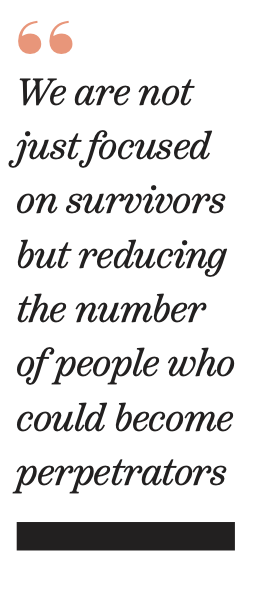
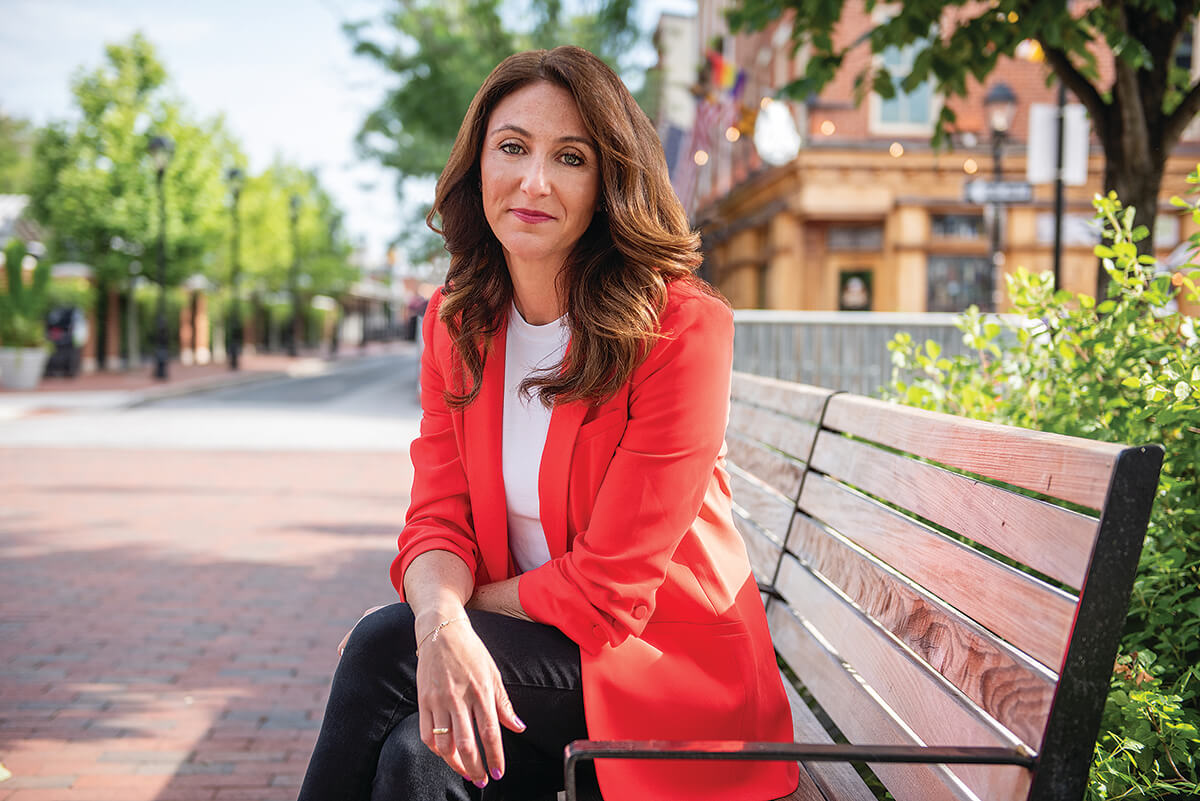
The foundation’s “ERIN Talk” educational curriculum, created in partnership with the University of Maryland, Baltimore (UMB) Francis King Carey School of Law, teaches middle schoolers boundaries, communication, and safe use of social media and technology. The goal is to support healthy attitudes and reduce behaviors that can be early signs of sexual harassment, such as lewd comments, unwanted touching, gender- or sexuality-based slurs, unwanted and repeated requests for dates, and inappropriate texting.
Additionally, social work students from UMB (like the law students, overseen by the foundation and university), speak in schools on a range of topics including how to communicate with family and friends and conduct group exercises to try to develop empathy. Because the subject is sensitive—and often the impetus for students to share the experiences they’ve had—UMB students are trained to handle situations and questions with care and expertise. The curriculum covers seven sessions, which gives kids time to integrate what they’ve learned and question UMB students on subsequent visits.
Jachman also is working with UMB to create Parent Talk, which will cover issues like the safe use of social media and technology, and Teacher Talk, which will focus on identifying sexual harassment, responding to it in a healthy way, and how to support prevention. Teacher Talk started its second pilot program this summer and is expected to launch officially by the end of the year.
“There’s so much to teach families, schools, society…and we trickle all of that content into our newsletters and social media, too,” Jachman says.
Most recently, the Erin Levitas Foundation has widened the demographic it reaches by educating even younger children through its new book, Every Body Talk, co-authored by Jachman and Matthew Mittleman. The picture book, recommended for children through age 8, teaches boundaries and body safety. But Jachman says adults can learn from it, too. She explains that it is a conversation starter for all ages. Mittleman met Jachman hrough his wife and pitched the idea of a children’s book to the foundation. “She’s dynamite,” he says of Jachman. “There’s just some magnetic force that she has that makes you want to work with her. She lives and breathes and believes in the work.”
Creating the book, which is bolstered by the latest research about preventing sexual assault by learning to recognize and respect your own and other people’s boundaries, took about two years. Now Mittleman reads it to his 6-year-old daughter.
“It’s not your average nighttime read, but her re- sponse is very cool,” he says. “Sometimes she’ll say a line from the book, and she’s able to set boundaries with her friends, like, ‘Stop—that’s my body and I don’t like that.’ She sounds confident.”
He appreciates that Jachman is being bold enough to tackle an issue that is often addressed after the fact. “Marissa is taking on this hard subject that’s happening everywhere and getting kids at a young age to start to normalize talking about it,” he says. “It’s inspiring.”
